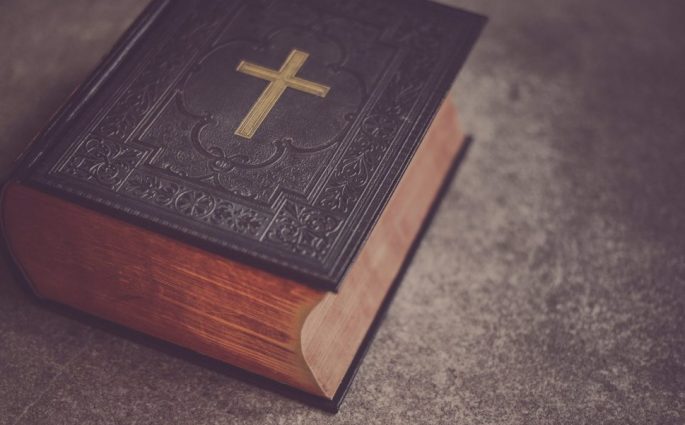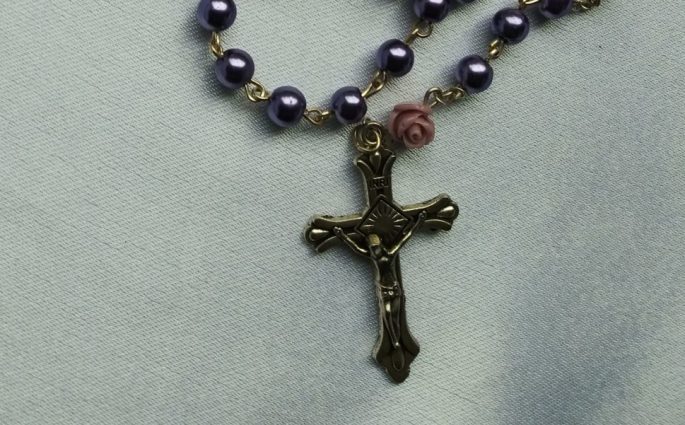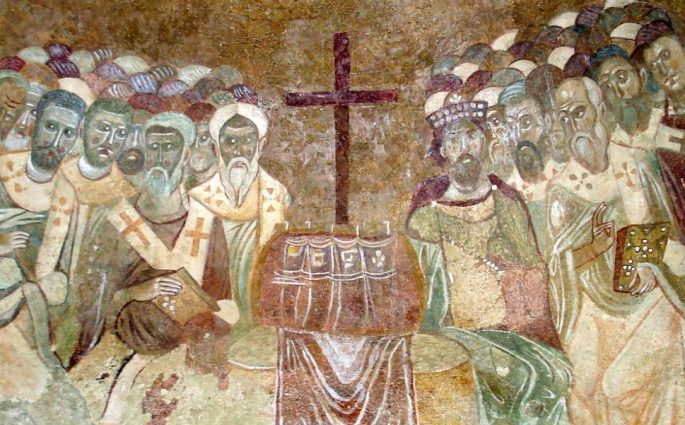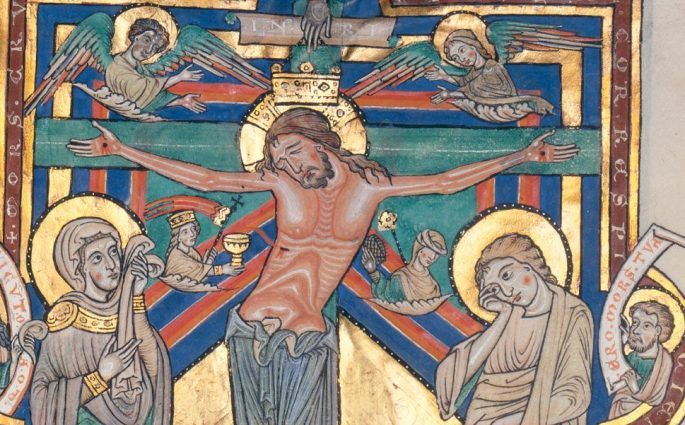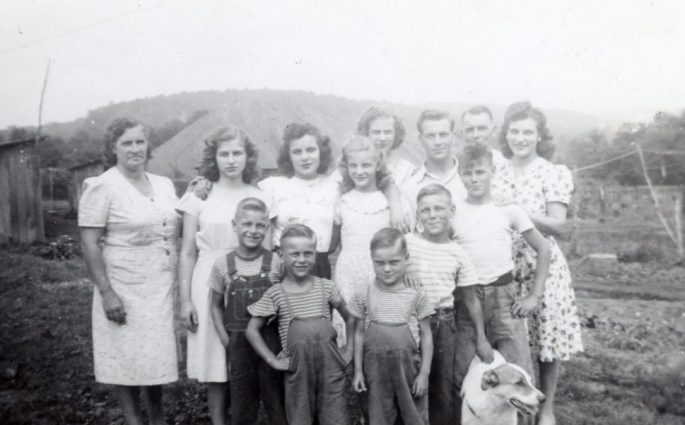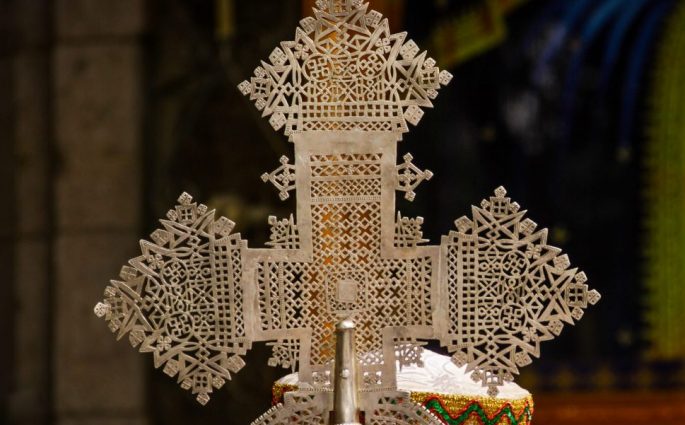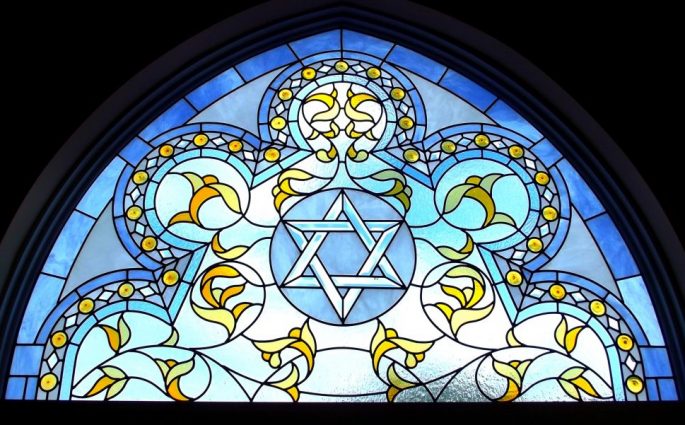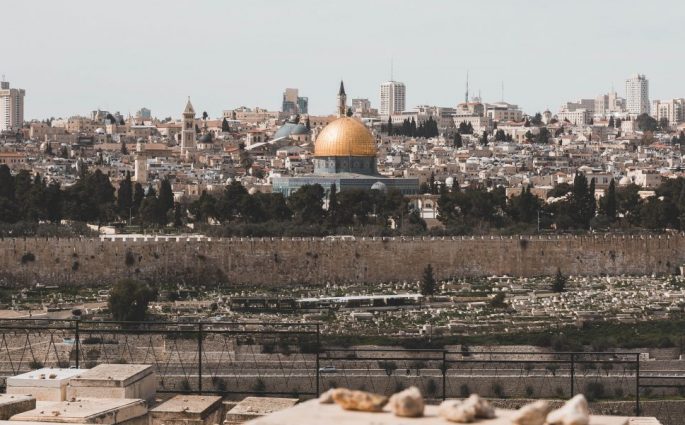Hot Protestants
Michael P. Winship— In late 1535, 300-year-old Cleeve Abbey’s seventeen Cistercian monks received an emissary of King Henry VIII, the lawyer John Tregonwell. Like the rest of the monks, John Hooper, an Oxford University graduate in his late thirties, must have wondered why Tregonwell was really there. Was it because

